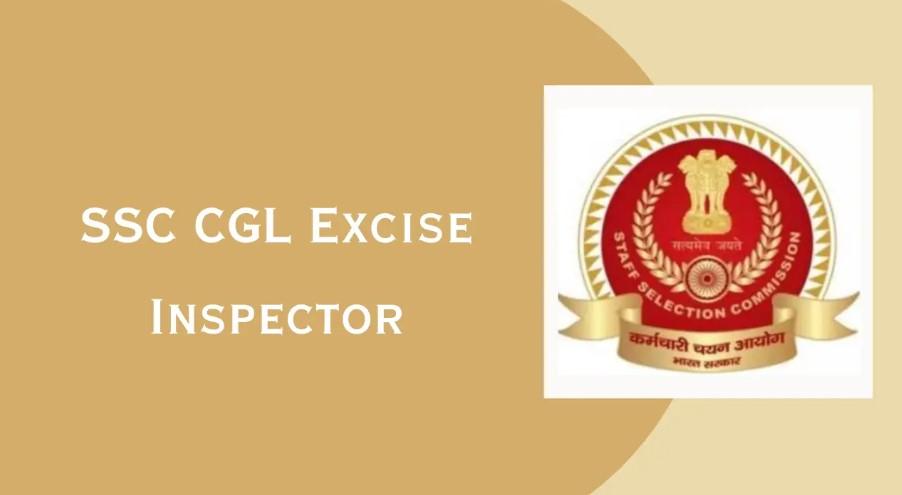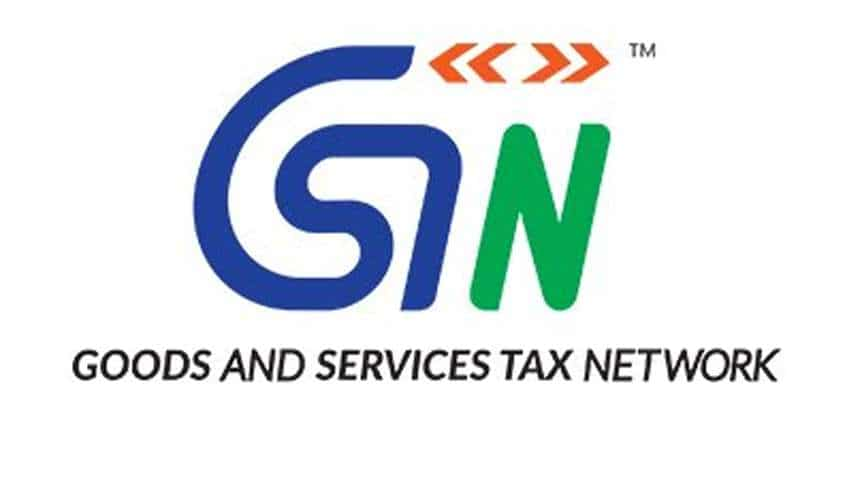This compilation will be presented to the rate rationalization committee’s ministerial group when the Goods and Services Tax (GST) Council convenes next, according to individuals familiar with the situation.
“A significant issue lies in the classification of some products, and the fitment committee is crafting a detailed list of these ambiguous areas that have led to the most legal challenges,” stated a high-ranking official who wished to remain anonymous.
The official pointed out that there are around 25-30 products and services experiencing classification overlap.
Finance Minister Nirmala Sitharaman has also highlighted classification problems, urging the board during a meeting with central and state GST enforcement officials to prioritize resolving these issues.
“The fitment committee is delving into this issue, and its proposal will go before the rate rationalization ministerial group during the next council meeting,” the official mentioned.
The move was catalyzed by incidents in November of the previous year where several FMCG entities, engaged in producing chips and snacks through the “extruded” method, were instructed to remit 18% GST instead of 12%, with tax notices demanding settlement by March 31, 2024. The extrusion technique, which produces ‘puffed’ or ‘expanded’ snacks, is considered unhealthful due to its high calorie and fat content, and low protein levels.
In August 2023, the government stated that snacks made through extrusion should be taxed at 18%, and the Directorate General of GST Intelligence (DGGI) issued notices based on this directive.
However, the FMCG sector has highlighted issues like overlapping classifications for products such as namkeen, fruit-based drinks (both alcoholic and non-alcoholic), flavored milk, and other processed foods, which often result in varying advanced rulings across states.
“One example is bhujia, which traditionally attracts a 12% GST. However, newer manufacturing techniques like extrusion, used to lower fat content, have muddied the waters, leaving many traditional bhujia producers facing additional tax demands,” shared a namkeen manufacturer requesting anonymity. With no clear definitions, the industry has sought clarity from the government, especially in light of the numerous notices from the DGGI.
As the deadline looms, the FMCG industry has appealed to the finance ministry for a resolution to prevent unwarranted litigation and notices.
The Central Board of Indirect Taxes and Customs (CBIC) is in the process of compiling a list of items that frequently lead to legal disputes solely because of difficulties in categorizing them. The fitment committee is set to examine products that, despite only minor composition differences, fall under different taxation brackets, thus confusing tax obligations. This issue is particularly prevalent in the fast-moving consumer goods (FMCG) sector, which has been the focus of numerous tax inquiries recently.
Subscribe
0 Comments













